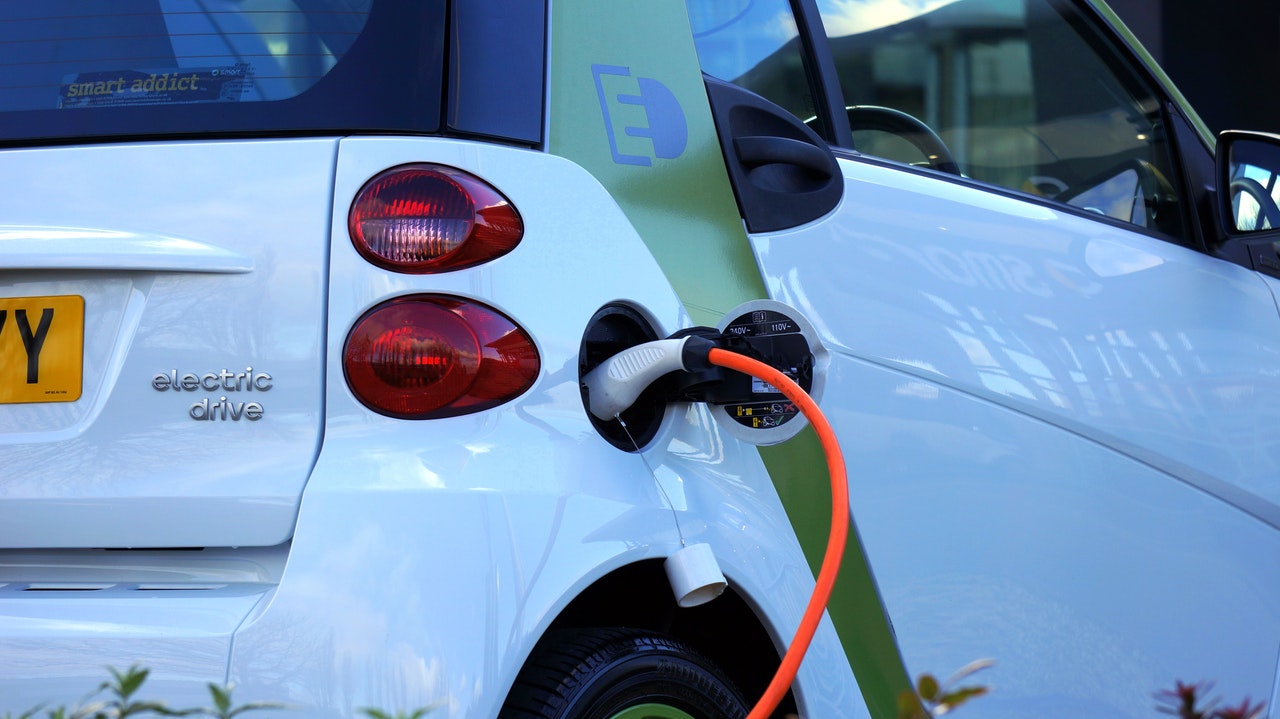The escalating threats and risks associated with climate change to our health, environment and economy create an imperative to decarbonize our economy as quickly as possible. Simultaneously, the rapid increase in clean energy innovation, along with decreasing costs, represent a unique opportunity to address the climate crisis while creating a more vibrant, sustainable and equitable economy. Since the transportation sector accounts for 42% of New Jersey’s greenhouse gas emissions, transitioning from gasoline to electric vehicles is key to doing both. This won’t happen overnight, but we need to rev up the transition now.
This requires bold, forward-thinking policy leadership — the kind that New Jersey demonstrated by passing the omnibus EV Law in January 2020. While some may still have concerns about the price of EVs and their potential impact on the power grid, based on outdated or incomplete information, EVs will actually benefit New Jersey’s economy, environment and public health.
New Jersey now offers up to $5,000 rebates and no sales tax on the purchase or lease of a new EV, making most EVs near price parity with their gasoline counterparts. Additionally, EVs have lower operating and maintenance costs because they have fewer moving parts, and electricity is cheaper than gasoline. According to a report by ChargEVC, if New Jersey transitioned to all EVs, vehicle owners would save about $5.9 billion annually, spending 47% less than with gasoline vehicles.
Vehicle owners won’t just save money, but the entire economy will be better off with EVs, too. The economic impacts of air pollution caused by on-road vehicles in New Jersey last year was about $3.5 billion. These include the public health and climate impacts of air pollution, both of which have serious economic consequences.
Though some skeptics claim that rebates have not stimulated consumer demand, the facts indicate otherwise. In fact, there was a 30% increase in EVs in California from October 2017-October 2018, and a 33.4% increase in the same time period of 2018-2019. In the first year of New Jersey’s EV Rebate program, demand was so high that the Board of Public Utilities had to end the program months early. This was the plan of the program all along; the rebates were meant to jump-start the EV market and encourage people to keep buying them even after the rebates were no longer available.
While electricity demand will increase with more EVs on the road, that is not necessarily a problem. There are numerous policy changes that New Jersey can implement to help utilities with higher electricity demand. About 70-80% of all EV charging happens at home, and the time at which the vehicles charge is crucial. If utilities offer time-of-use charging, they can incentivize EV owners to charge their vehicles at off-peak times. This would prevent demand from getting too high, while optimizing the load on the grid. By better distributing the grid’s load, electricity costs would decrease for all ratepayers. In 2019, gasoline vehicles in New Jersey used twice as much energy as the energy used to power the entire state’s electricity demand.
The solution often proposed is to leave it all up to the free market. But the only place that the “free market” exists is in textbooks. Corporations and trade associations spend billions each year lobbying to influence policies and market rules to increase their competitive advantage and profits. These arguments are justifications for staying on a business-as-usual course that itself was partly a creation of public policy, and is maintained through public investments and subsidies.
The key question is not whether public policy should influence how markets function, but whose interests these policies should serve. Those that are able to adapt and innovate more quickly and effectively than their competitors will thrive. Regardless of which companies win or lose in the competition to build a decarbonized transportation system, all New Jerseyans will win.
If we don’t reduce New Jersey’s climate emissions, we will “experience significant adverse effects of climate change,” which will “exacerbate stress on the state’s public health, ecological, social and economic systems,” according to the New Jersey Department of Environmental Protection’s Global Warming Response Act 80 x 50 Report. These are not theoretical threats and climate change’s impact will have huge economic costs for our state. The NJDEP recently announced a major step towards limiting New Jersey’s emissions from the transportation sector — adopting California’s Advanced Clean Truck rule — which will replace diesel trucks with electric alternatives. The mounting costs and risks of business-as-usual are clear and unnecessary. Electrifying our transportation system is the right path forward to a cleaner, healthier 21st century.
Hayley Berliner is the clean energy associate at Environment New Jersey. Richard Lawton is the executive director of the New Jersey Sustainable Business Council.
This article originally appeared in ROI-NJ.com

